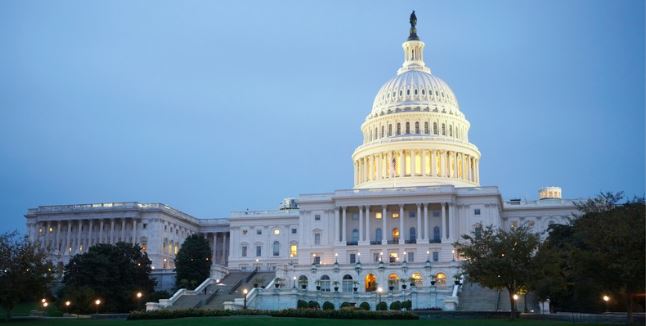U.S. Senate Passes Landmark Climate Change Legislation
Location: Washington D.C., USA
On March 28, 2024, the U.S. Senate passed a landmark climate change bill aimed at drastically reducing the nation’s carbon emissions and accelerating the transition to renewable energy. The bill, titled the Clean Future Act, marks one of the most significant pieces of environmental legislation in recent U.S. history, and it promises to have a major impact on both the economy and the global fight against climate change.
Key Players:
- Chuck Schumer, Senate Majority Leader, was one of the primary advocates for the bill. Schumer has long been a supporter of climate action and led efforts to secure bipartisan support for the legislation, making compromises to ensure its passage.
- Joe Manchin, U.S. Senator from West Virginia, played a key role in negotiations surrounding the bill. Known for his moderate stance on energy policy, Manchin worked closely with both Republicans and Democrats to secure provisions that protect the interests of fossil fuel communities while still advancing clean energy goals.
- John Kerry, U.S. Special Envoy for Climate, was a major proponent of the legislation, pushing for bold action on climate change both domestically and internationally. Kerry’s leadership in global climate negotiations has been instrumental in shaping U.S. policy on environmental issues.
- Environmental Protection Agency (EPA) Administrator Michael Regan provided crucial support for the bill, offering expert insights on how the legislation could achieve its ambitious goals of reducing greenhouse gas emissions by 50% by 2030.
The Clean Future Act introduces several key measures aimed at reducing carbon emissions, such as increased funding for renewable energy projects, tax incentives for electric vehicles, and the establishment of a national carbon pricing system. The bill also includes provisions for expanding green jobs, ensuring that workers from the fossil fuel industry can transition into renewable energy sectors.
The bill’s passage marks a pivotal moment in U.S. climate policy. The legislation is expected to have far-reaching effects on the country’s energy infrastructure, public health, and the global fight against climate change. With international climate targets becoming more pressing, the U.S. now joins a growing number of nations that have committed to ambitious carbon reduction goals.
While the bill passed in the Senate, it is still subject to approval in the House of Representatives, where negotiations could continue. However, there is optimism that the legislation will gain approval and be signed into law by President Joe Biden, who has made tackling climate change a central focus of his administration.
The passage of this bill is seen as a major victory for environmental advocates and climate scientists who have long argued for urgent action to address the growing climate crisis. As global temperatures continue to rise and natural disasters become more frequent, the U.S. government’s commitment to tackling climate change could set an example for other nations to follow.



